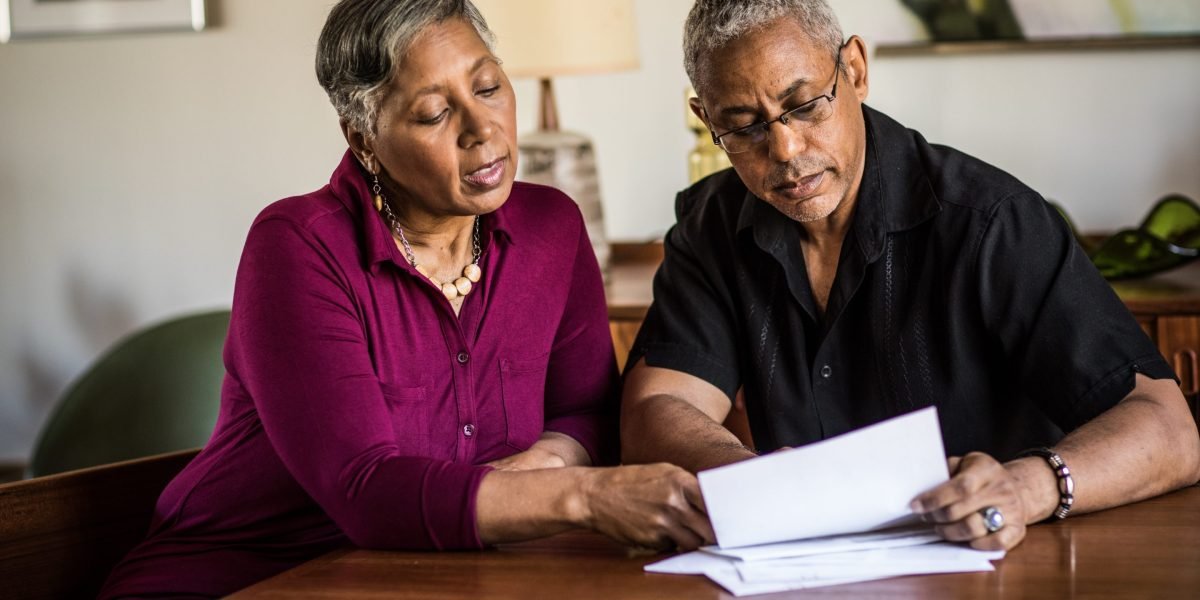
Americans are gonna need a bigger boat—or savings account. The high cost of living and recession fears that plagued 2023 have left many households socking away more money under their mattress in preparation next bout of economic turmoil.
Half (48%) of Americans have been saving more of their income in the last six months to have a “safety net for the future,” per Ipsos’ latest Consumer Tracker. It’s part of a small, steady trend toward budgeting, slightly down from the 50% who said the same in February but slightly up from the 46% who said the same last September. Nearly just as many (45%) said that they are saving to “treat themselves” later on.
They’re also postponing spending on needs and wants. About a third (34%) of Americans pushed back or skipped purchasing a larger item such as a car, per Ipsos. And 27% Americans delayed home or car repairs to save more money stands at 27%.
Consumers’ fatigue and dissatisfaction with the economy is likely fueling this saving mentality. A separate Reuters/Ipsos poll found that 73% of respondents believe the economy is worse than it was five years ago, a sentiment that pervades across party lines. It’s easy to see why Americans are feeling spent (and thus aren’t spending); after facing a coronavirus recession when the pandemic first hit, many households didn’t have time to come up for air before grappling with supply chain issues and 40 year-high inflation. And as the government hikes interest rates to cool down inflation, this year has brought a will-they-or-won’t-they type of recession fear. There’s also the psychological response to a pandemic, war, genocide, and just general socio-economic choppy waters.
Of course, not all is bad. The jobs market remains strong and the unemployment rate, while up slightly in October, remains low. But numbers don’t always line up with how consumers perceive the economy, and an overwhelming sense of strain has made Americans more budget-prone.
We tend to hold onto our purse strings tightly during times of economic strife. People are “likely to save more when they expect an economic downturn to last for a long time—the ‘precautionary’ motive for saving,” economist Guillaume Vandenbroucke explains in a blog post for St. Louis Fed. “If the downturn is not expected to last, people are likely to use their savings to maintain their consumption; that is, they will keep paying their rent, mortgage, utility bills, etc.”
Spending could curb, as hibernation is upon us
In today’s economy, many people feel like they’re treading water or almost drowning, with 60% of Americans reporting that they’re living paycheck to paycheck, per a Lending Club report. Many have turned to dipping into their pandemic-era savings to stay afloat. But that’s also been helping some chug along despite the odds.
In September, consumer spending in each household rose 0.7%, per the Commerce Department. Many consumers splurged on a summer of travel and cultural fanfare, from concert tickets for Beyoncé and Taylor Swift to the “Barbie” and “Oppenheimer” double feature.
But these spend-happy consumers are buckling down as winter approaches—even the wealthy. Retailers that the upper middle class often favors (like Apple, Coach, and Nordstrom) have experienced a dip in sales over the past three months, as first reported by Bloomberg.
“While this group remains in a relatively comfortable financial position compared to lower earning peers, they are not entirely immune to factors like prolonged elevated inflation, rising interest rates, and cooling wage growth that may be dampening spending this holiday season,” Kayla Bruun, senior economist at Morning Consult told Fortune’s Alicia Adamczyk of six-figure earners. A recent note from Morgan Stanley states that “thrifty behavior has been climbing up the income ladder.”
It’s likely that consumers felt emboldened to spend despite inflation and poor wages as initial recession fears from the beginning of the year died down, acting as the economy’s little-engine that could. But as recession fears pick back up again (although said impending recession looks to some experts to be mild), there’s a change blowing in the wind amid the holiday season.
“Headwinds are going to eventually force the consumer to buckle, and I think that we’re going to see consumers have to pull back on spending for a quarter or two,” Erik Lundh, principal economist at The Conference Board, told CNN.

